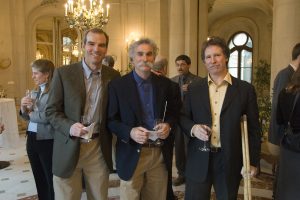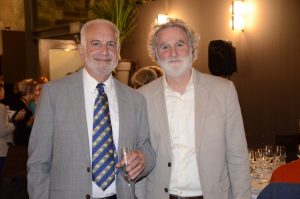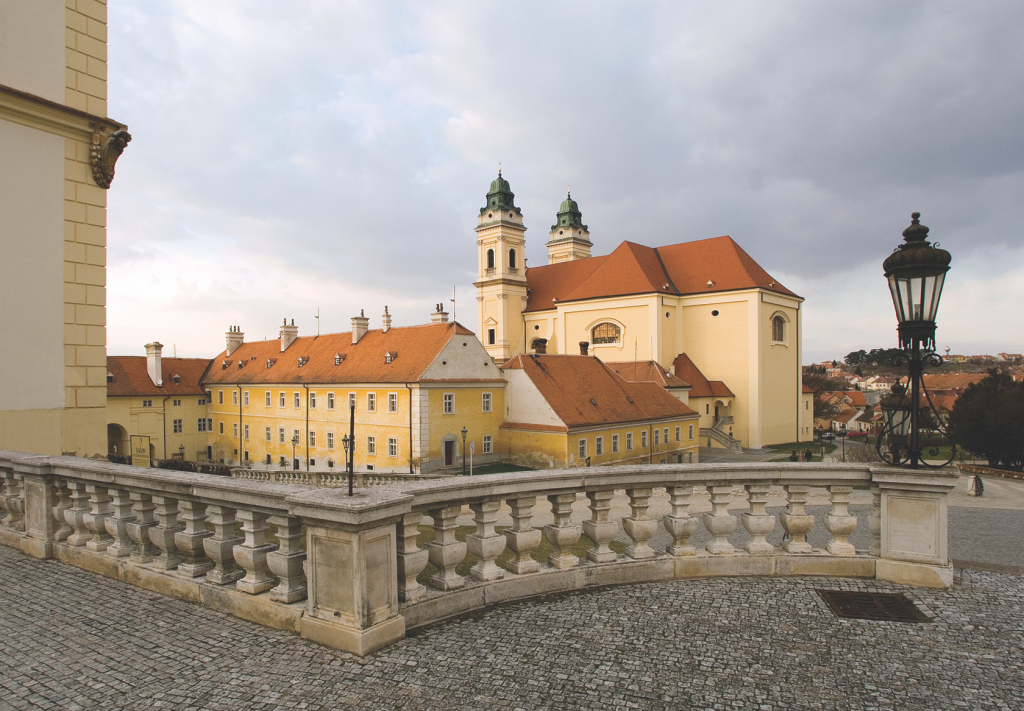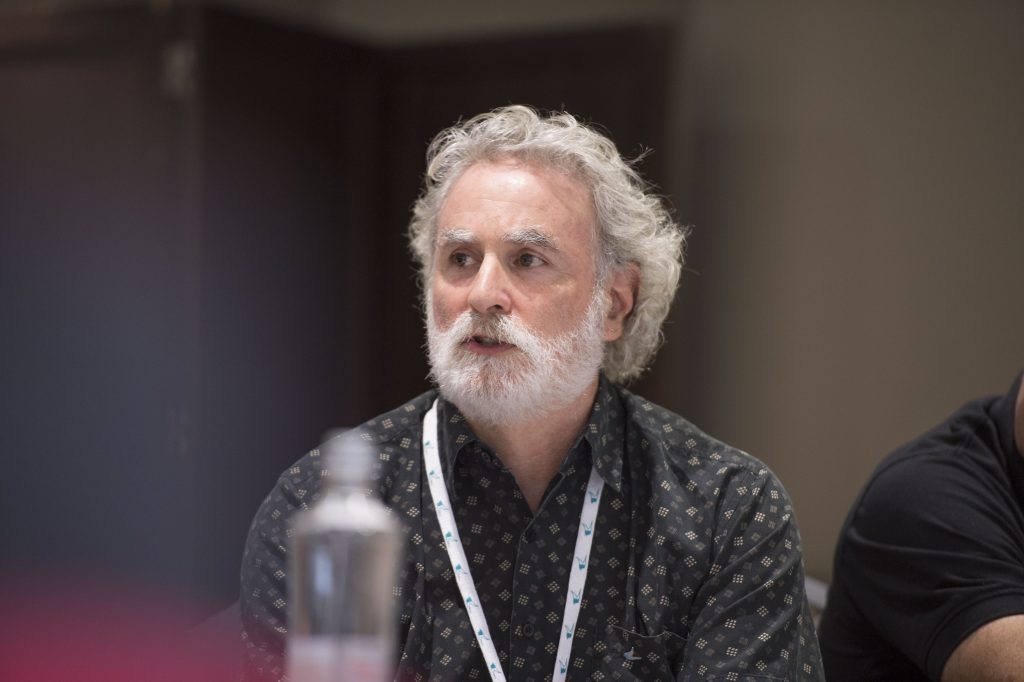The chance to visit a new region and its people, and the opportunity to learn about local conservation practices, was what attracted David to QLF’s Middle East Exchange Program in the first place. His interest in pursuing these opportunities is what drives his international work today. David remains interested in international cooperation on essential conservation challenges, such as water shortages and the cross-border migration of endangered bird populations. “Borders are artificial,” he explains. “In order to solve the challenges, we need to collaborate across the border.”
QLF Experiences
Middle East Exchange Program, Middle East and New England, 1998
GLN Consultant, Oman
Alumni Congress, Budapest, 2006
Alumni Congress, Barcelona, 2016
In 1979, freshly graduated from Texas A&M University with a masters in wildlife and fisheries science, David Manski took his first job: wildlife biologist for the National Park Service (NPS). David spent thirty-five years with NPS, under the Department of the Interior (DOI) parent agency. David officially retired from NPS in 2014, but he has continued to work with DOI as a consultant on various international projects in countries including Bangladesh, Tanzania, Cambodia, and Oman.
David’s introduction to QLF came in 1998, when he participated in the Middle East Exchange Program of that year. For the first part of the program, he and the other American Fellows travelled to the Middle East and studied ecotourism and protected area management in Israel, Palestine, Jordan, and Egypt. Later, when the Middle Eastern fellows arrived in New England, David hosted the group at Acadia National Park. To this day, David feels that his experience with QLF has had profound impacts on both his professional and his personal life.
QLF inspired David to expand his horizons internationally, and demonstrated for him how much he could learn from environmental practitioners abroad. In this interest, David applied to, and was subsequently selected to be, a Fulbright-Nehru Environmental Leadership Scholar in 2013–2014. The Fulbright-Nehru Environmental Leadership program is an exchange program between Indian and American environmental professionals for the purpose of facilitating international connections between environmental organizations.
As a Fulbright-Nehru scholar, David pursued a six-month work experience in India. There he studied Indian Protected Areas, including national parks and tiger reserves. In the spirit of QLF’s dedication to international cooperation, David notes that his experience on the Fulbright-Nehru program: “made me able to work internationally and … gave me a great insight to my role in the world … ”
For his part, David’s decades of experience with NPS and DOI have provided him with a valuable cadre of expertise to bring to the international conservation stage. With NPS, David was involved in several long-term management projects. He directed a team that tracked fluctuations in park ecosystems over time, as well as a team that studied visitors’ impact on the national parks. David also spent twenty years based in Acadia National Park, where he directed efforts to protect Acadia’s natural and cultural resources. Today, David’s expertise in natural and cultural resource protection is in high demand worldwide.

Phil Huffman, David Manski and Mike Waters at the Post- Congress Tour in the Czech Republic, 2006. PHOTOGRAPH BY GREIG CRANNA
Since David’s introduction to QLF in 1998, he has attended QLF meetings and Congresses in Turkey, Cyprus, Budapest and Barcelona. From December 2016 to May 2017, David undertook a consulting project in Oman in partnership with Stewart Fefer, fellow QLF alumnus and consultant with the National Wildlife Refuge Association in Washington D.C. David and Stewart’s project provided training and mentorship programs for protected area staff in Oman, in the interest of improving management and developing conservation plans for regional ecosystems.
The chance to visit a new region and its people, and the opportunity to learn about local conservation practices, was what attracted David to QLF’s Middle East Exchange Program in the first place. His interest in pursuing these opportunities is what drives his international work today. David remains interested in international cooperation on essential conservation challenges, such as water shortages and the cross-border migration of endangered bird populations. “Borders are artificial,” he explains. “In order to solve the challenges, we need to collaborate across the border.” This continues to be a central theme of QLF’s Middle East Exchange Program, most recently in a partnership with Birdlife International held along the Rift Valley/Red Sea Flyways in Jordan, where Alumni attended conferences on protecting migratory birds across the World’s Great Flyways.

Stewart Fefer, Landscape Conservation Biologist and Protected Area Specialist, Department of the Interior, and David Manski. PHOTOGRAPH BY KEVIN PORTER
Today, David deeply values the connections he has made through QLF and his international work with DOI. “When you are by yourself and working with a big organization in [the] United States, like [NPS], work can be challenging and difficult,” he explains. “However, having friends abroad and knowing that you can contact them whenever you want makes your job easier and frankly more meaningful.” For David, awareness of events at a global scale is crucial to understanding and solving local problems. He emphasizes that his diverse international experiences have opened his eyes to new and powerful means of environmental and cultural heritage conservation.

View from the Valtice Zamek, Post-Congress Tour in the Czech Republic, 2006. PHOTOGRAPH BY GREIG CRANNA
TOP PHOTO: From left to right: David Manski, Aida Aljabri, Specialist of Marine Environment, The Directorate General of Nature Conservation (Oman), and Mounir Abi-Said on the roof of La Pedrera at the 2016 Congress Opening Reception. PHOTOGRAPH BY GREIG CRANNA







